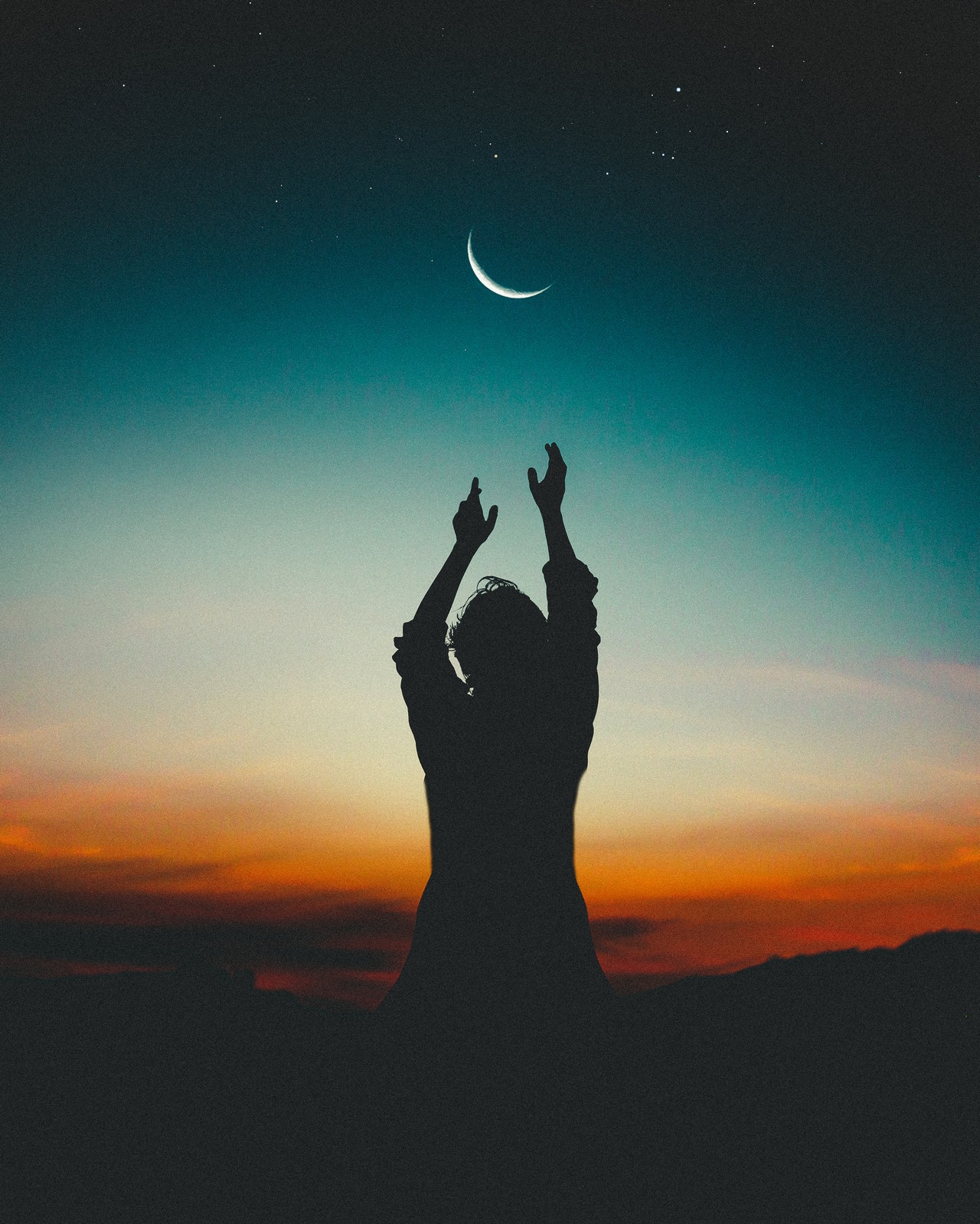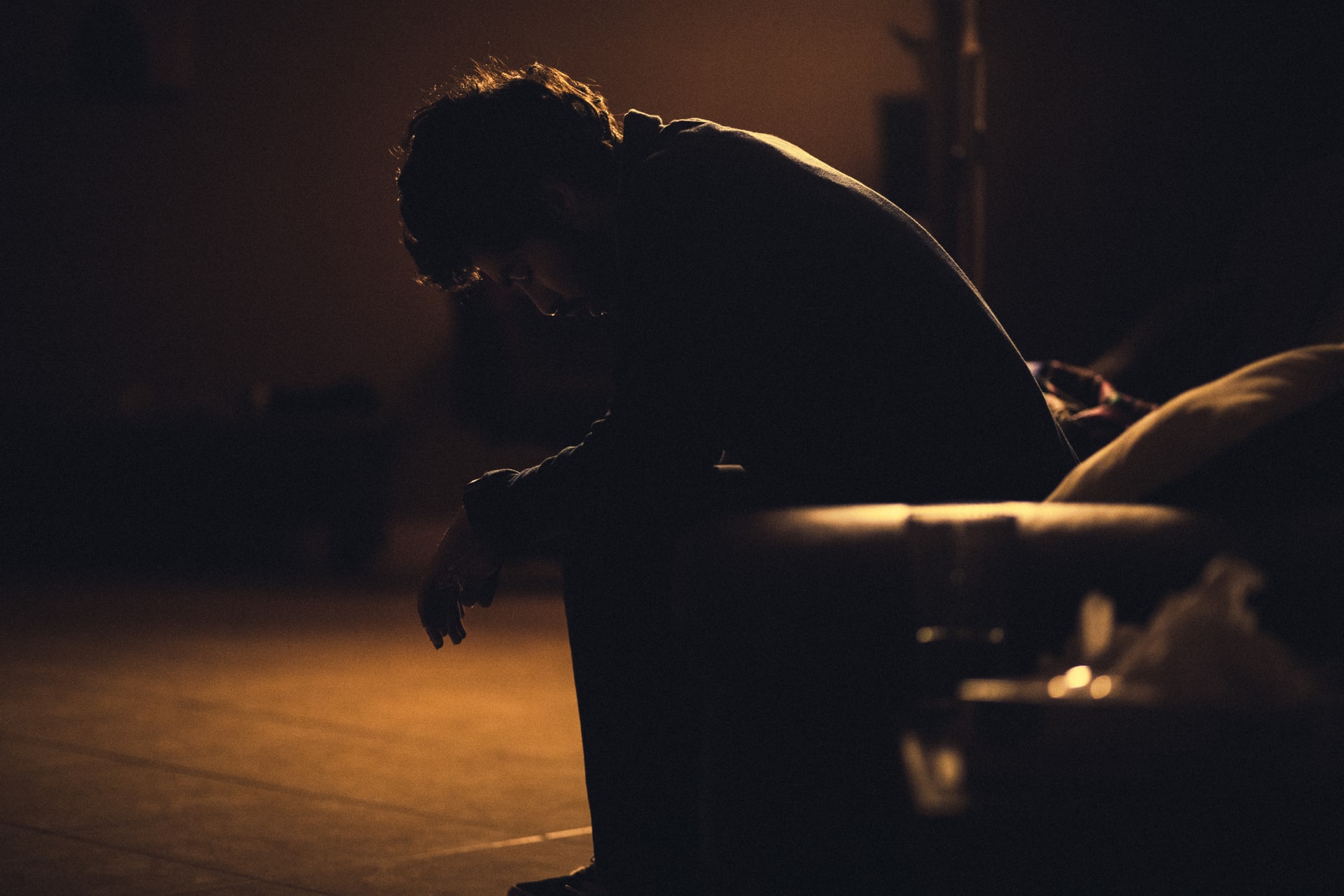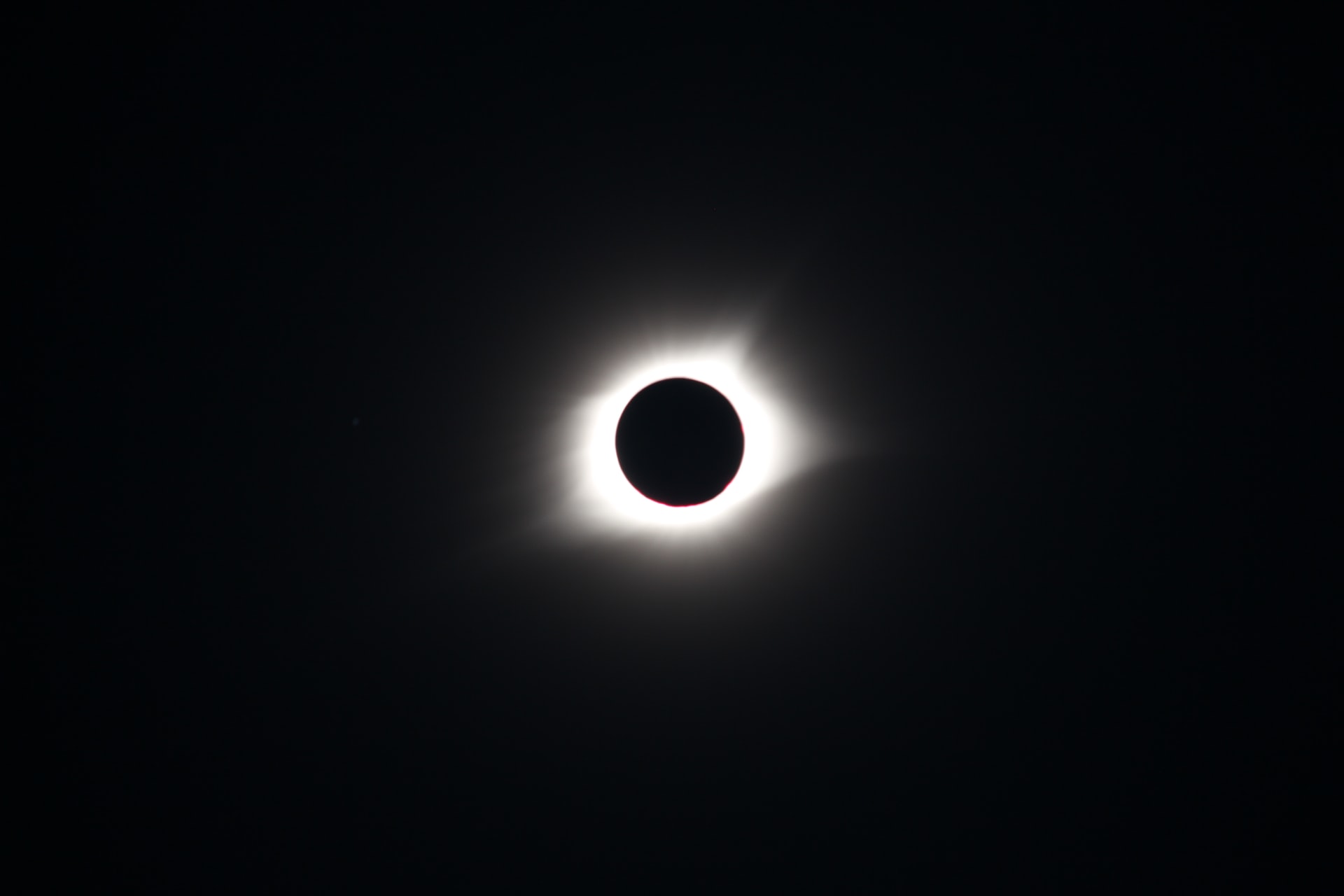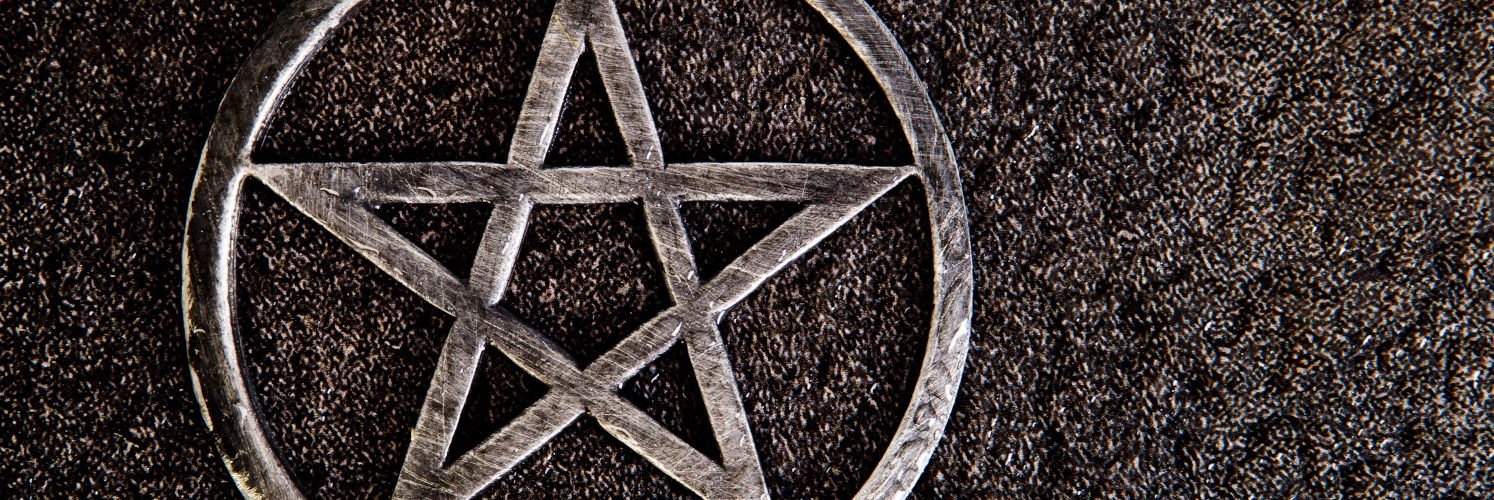Category: Articles
-

Vo-Tech Clergy: Preparing Pagans for the Unglamorous Work of Ministry
Categories: ArticlesTags: priestesshoodAn elder in my tradition told me on more than one occasion that being Pagan clergy isn’t a master’s degree but rather a vo-tech certificate. She put it that way to illustrate the fact that much of what Pagan clergy do to serve their communities is learned through practical experience and on-the-job training. It’s a…
-

Multilayered Realities: Walking In Many Worlds
The Kingdom of Heaven is in this very moment, properly understood. I don’t remember now whether I heard that in a college religion course or at a sermon one Sunday as a child, but it has stuck with me for decades. I’ve interpreted it in various ways over the years, but I’ve come to understand…
-

The Good-Enough Work: Spiritual Progress When You’re Struggling
Categories: ArticlesIf you’ve been studying or practicing the Craft for very long, you’ve probably come across the concept of the Great Work. The Great Work, as it is understood by my tradition, is the process of discovering who you are, what your true will is, and how to manifest that true will. It’s a process that…
-

Endarkenment: Seeing The World As It Really Is
Many years ago, when I was a plucky young religious studies student at a private liberal arts college in Arkansas, I had the privilege of listening to a guest lecture by a traveling Buddhist monk. The monk’s name, I can no longer remember. What I do remember is the overwhelming serenity of his presence and…
-

Renovating the Inner Temple: Recovering Your Space
Categories: ArticlesAs practitioners of the Craft, and indeed as human beings with families and jobs and lives, we can lose track of our own spiritual progress because it’s been superseded by other, more immediate concerns. That’s certainly been the case with me. I’ve found that it takes more effort to flex my magickal muscles, that things…
